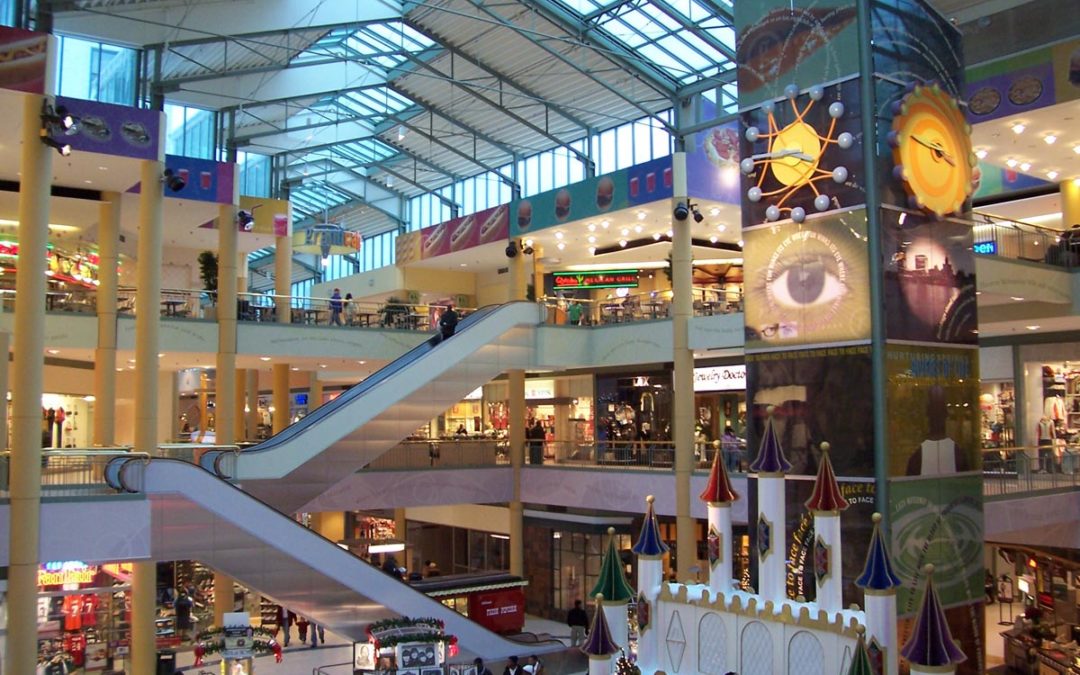
Amy Regal, Director
GRS | Title
(216) 571-7013
[email protected]
It’s been popular for quite some time now to talk about how the mall is dead.
And sure, some of the “B” and “C” assets will die, unless they embrace experiential retail and completely revamp the ways they do business.
But that hasn’t stopped a flurry of recent major retail real estate consolidation, as well as speculation that more could continue, showing that there is a pretty strong appetite by investors for mall portfolios.
Back in November, Brookfield Property Partners made a $14.8-million offer for GGP, the country’s second-largest mall owner (which has its share of “B” assets, by the way), but the deal was turned down by GGP in December. However, there are still reports that the two companies are continuing negotiations. Brookfield currently owns about a third of GGP.
Then, also in December, Australia-based Westfield, which owns several visible U.S. mall assets, was acquired by Unibail-Rodamco, of France, for just under $14 billion. Westfield owns 33 assets in the United States, including the mall in New York City’s World Trade Center, several high-profile properties in California and two hot malls in London. Unibail, the owner of 71 malls throughout Europe, now has a strong foothold in the United States.
Deals like this have led to speculation that the country’s largest mall owner, Simon Property Group, is now eyeing a major acquisition. One of the options for Simon would be to try to purchase the 77 percent it doesn’t already own of Klépierre, Europe’s second-largest mall owner, which was already a potential bidder for the U.K.’s major retail REIT Hammerson.
Meanwhile, a hedge fund has acquired a five percent stake in Macerich, another high-profile U.S. mall owner, based in Santa Monica, Calif. And another hedge fund is snapping up shares of Michigan-based Taubman Centers, the owner of several high-end malls in the United States.
All of these deals that took place near the end of 2017 can make one’s head swim, especially since they’re happening around the same time.
Given the fact that the dollar amounts being invested in these portfolios are no means small, especially by seasoned operators and investors, it shows that malls are far from dead, at least from a financial perspective.
Maybe it’s because there are several malls adapting to online competition, namely from Amazon. Amazon can’t sell consumers a meal at a restaurant, a workout at a gym, in-person human interaction, product demonstrations and several other experiences.
That’s not to say that every mall in the country is going to figure out a way to make it work, but some firms are betting billions of dollars that plenty will.
About GRS Group
GRS Group is a leading provider of commercial real estate (“CRE”) services worldwide. With offices across the United States, Europe, and affiliates around the globe, GRS Group provides local market knowledge with a global perspective for institutional real estate investors, occupiers and lenders worldwide. The GRS Group team has evaluated and advised on over $1 trillion in CRE transactions.
Through the company’s proprietary management process, Global Services Connection, GRS Group delivers an integrated suite of services including Financial Advisory, Transaction Management, Assessment and Title Insurance. We provide a single point of contact, capable of leveraging the GRS Group portfolio of companies and delivering customized solutions to assist our clients in achieving their investment goals.

